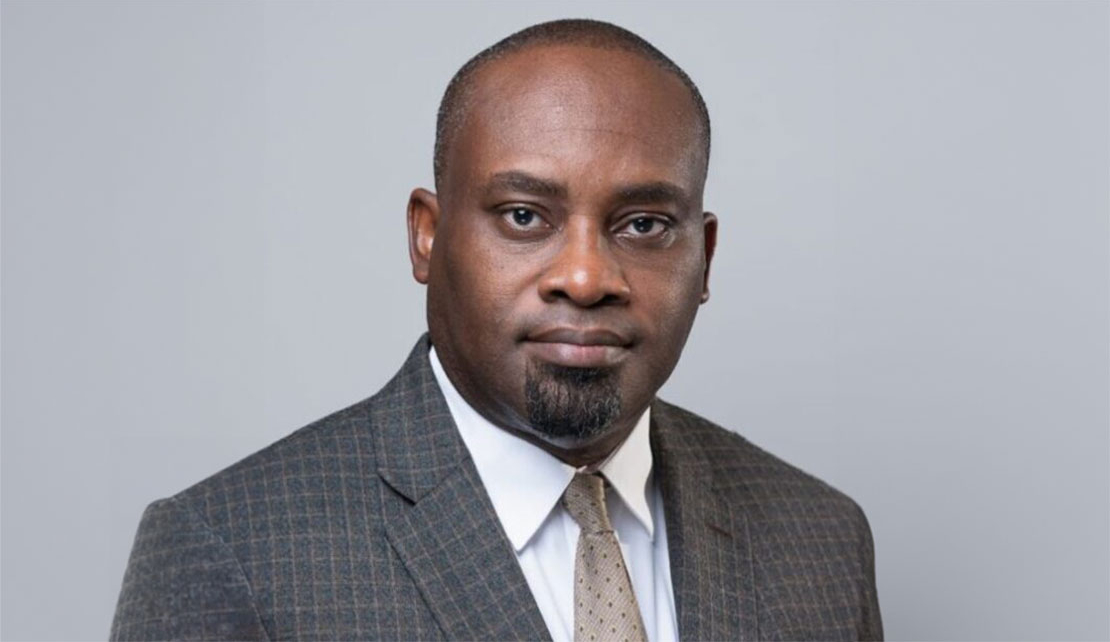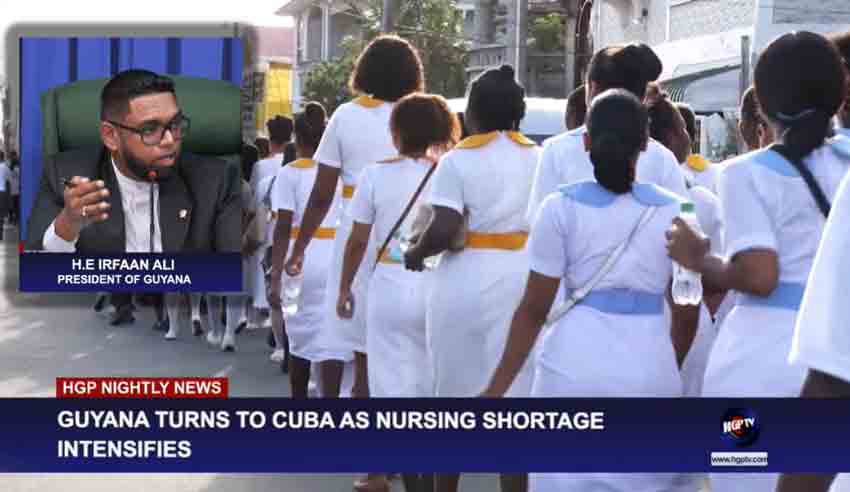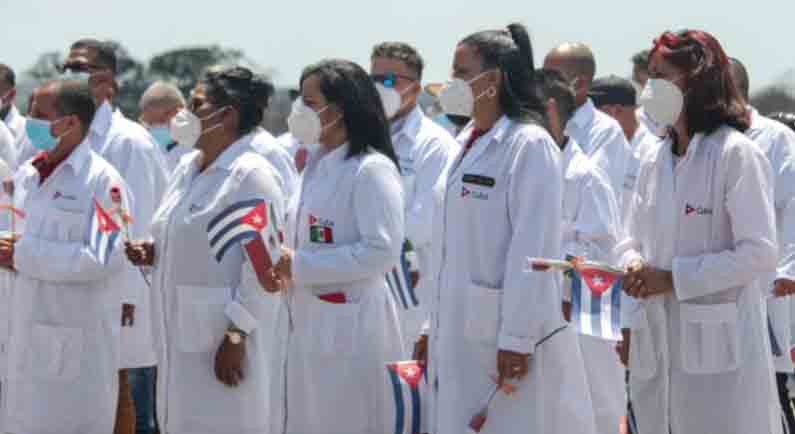GUYANA | Forde Examines The PPPC’s Poor Investment in Health and Human Resources

GEORGETOWN, Guyana, January 6, 2024 - It is an undeniable fact that healthcare is a fundamental support to the sustainable development and growth of any society, and the provision of accessible medical facilities is a part of the responsibility of the state.
However, when one looks at the approach taken by the PPPC government to building more hospitals and healthcare centers one would immediately recognise a disturbing deficiency in the investment in the appropriate technical and professional health human resources, particularly in the area of nursing.
While the government appears to be demonstrating commitment to expand healthcare infrastructure, the failure to parallelly invest in the recruitment and retention of skilled health human resources, including nurses, is especially concerning.

This unhealthy dependence on foreign recruitment not only showcases the government’s lack of foresight in workforce planning but also calls attention to its inability to sustain such an approach.
There are multiple push and pull factors that influence the flight of nurses from the public sector. These include, poor salaries, career advancement opportunities, path and challenging work conditions. Rather than addressing the root causes of the nursing shortage, the PPPC’s strategy appears to be addressing the symptom by settling for a short- term fix that clearly neglects the long- term implications for our local healthcare sector.
There is general public awareness that a key aspect of the nursing shortage crisis is the failure of the government to properly and fairly adjust the remuneration packages of nurses to align with the increasing demands and responsibilities of the profession, and the plethora of challenges caused by a skyrocketing cost of living crisis, unfairness in the distribution of nation’s wealth and a general uncaring attitude by those in charge of that segment of our public sector and the country.
Nurses and midwives receive a monthly salary of about G$195000,00. This is disheartening, particularly in light of the massive oil wealth flowing in the hands of the incumbent. The accumulated withdrawals for 2023 was US$1.002 billion (equivalent to G$208.4 billion).
Yet our nurses and midwives receive a salary less than US$ 1000 per month. There is no denying that nurses, as frontline healthcare providers, play a critical role in patient care, and their compensation should reflect the significance of their contribution not only to healthcare but also to our society.
Nonetheless, the government’s unwillingness to address this issue has led to a situation where nurses, seeking better pay and opportunities for professional growth and mobility, are pushed to seek employment in the private sector and abroad.

The resultant brain drain not only deprives the local healthcare sector of experienced and skilled professionals but also exacerbates the shortage problem, creating a vicious cycle that compromises the quality of healthcare services.
It is not unreasonable for anyone to assume that the apparent disregard for the well- being of local healthcare professionals, particularly our nurses, suggests the existence of alternative agendas within the government’s political optics.
The neglect of the human resources aspect implies a failure to recognise the intricate interplay between infrastructure and skilled workforce in achieving sustainable healthcare development.
It is clear that the PPPC’s approach to healthcare development, though substantial investment in infrastructure initiatives is deeply flawed in its neglect of health human resources, especially the critical shortages of nurses.
The heavy reliance on foreign recruitment rather than addressing the root causes of the problem points to a lack of strategic planning and a myopic perspective on the sustainability of healthcare services.
I believe that, to truly advance sustainable healthcare in the country, it is necessary for the government to prioritise the investment in its own healthcare workforce, adjust remuneration packages, and implement retention strategies that ensure the local healthcare sector thrives independently of external dependencies.
Failure to do so not only jeopardises the quality of healthcare services but call in to question the government’s commitment to the well- being of its citizens.
